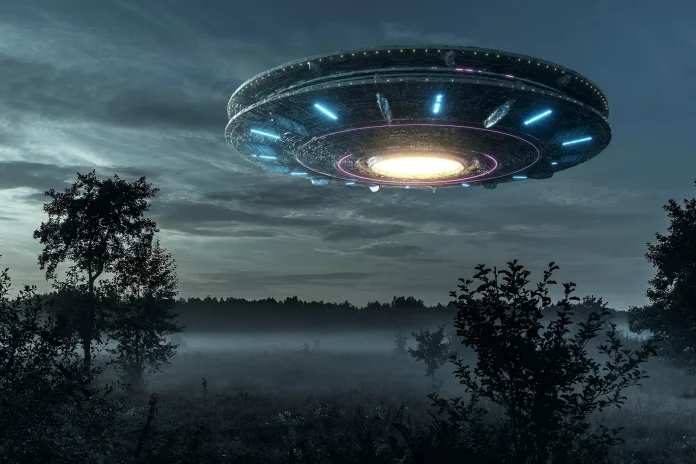A new study conducted by Timothy G. Leighton, a professor at the University of Southampton, has shed light on how everyday sounds would be distorted and unfamiliar to the human ear on different planets. Leighton developed a software program that can predict how human voices might be altered on distant planets.
In addition to his work on sound distortion, Leighton proposed a method that utilizes soundwaves to potentially detect alien life forms in locations surprisingly close to Earth. He highlighted that while we have sent cameras to other planets in our solar system, the recent Mars Perseverance mission was the first to provide us with an opportunity to hear what another planet sounds like.
Leighton’s research focuses on how the atmospheres of different planets affect sound speed and absorption. For instance, Mars possesses a thin atmosphere rich in carbon, causing it to absorb more sound compared to Earth. Consequently, distant noises on Mars would appear fainter than they would on our planet.
The professor from the University of Southampton emphasized that we are only just scratching the surface of the potential of acoustic sensors in space exploration. He suggested that these sensors could be utilized in the search for extraterrestrial life as well.


